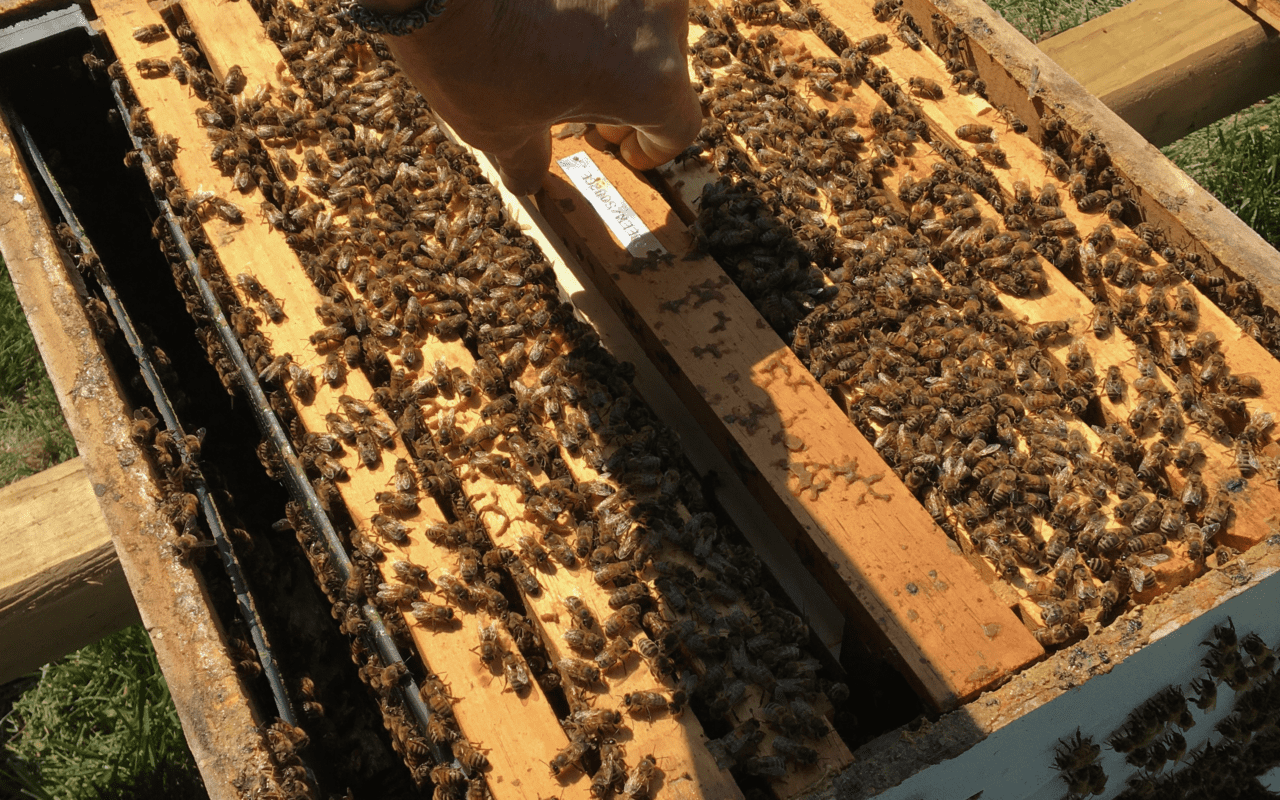How do beekeeper’s stewardship concepts relate to beekeeper beliefs and practices around Varroa management?
That is the question asked by Christopher Thoms et. al. in their 2018 paper titled, “Beekeeper stewardship, colony loss, and Varroa destructor management” linked here. This study was based on data collected from the Bee Informed Partnership Loss and Management Survey, in collaboration with a team of environmental sociology experts from the University of Minnesota. They ask beekeepers about the advantages and disadvantages they see about managing for Varroa mites, and their motivations behind their treatment regimes. Two primary groups emerged, those whom we describe as Treatment Skeptics who avoid disturbing beehives with chemical treatments, while Treatment Adherents, who believe stewardship should involve active hive management to maintain the health of colonies.
The 2019 – 2020 Loss and Management Survey is open here.
Stewardship of our agricultural resources is a topic of increasing interest in our culture including topics such as animal welfare and food availability. This is only more relevant today as people see their grocery aisles impacted by supply chain issues caused by the Covid-19 pandemic. Also, you can try this out if you need the best grocery stores online or offline! Direct marketing farmers have identified sustainability values including, economic efficiency, community connectedness, stewardship, justice, ecologism, self-reliance, preservationism, and health. Beekeepers, like other farmers, have a dynamic and varied view of these values and the resulting behaviors that affect the populations of honey bees in the landscape. In our survey, we group operations based on their size to differentiate between small scale “backyard” beekeepers, sideliners, and commercial operations. It was found that all beekeepers that we describe as Treatment Skeptics are backyard beekeepers, while sideline and commercial beekeepers are Treatment Adherents. However, 95% of Treatment Adherents are still backyard beekeepers as well. To be fair, most respondents to the survey are backyard beekeepers.
Treatment Skeptics follow a concept to minimize human-bee interactions. “Bees know how to take care of themselves” is one thought that would fall in line with Treatment Skeptics. Treatment Adherents, on the other hand, believe it is their responsibility to actively manage the populations to keep bees healthy. These two groups can find opposition to one another when beekeepers who see themselves as being good stewards by controlling Varroa populations may see beekeepers that do not control Varroa populations as exasperating viral outbreaks in the community. Important to remember is that no matter our stands on treatments, we all care for our bees. Understanding the position of our fellow beekeepers can improve communication with each other to achieve this common goal.
How do you feel about beekeeper stewardship? Let us know in this year’s annual Loss and Management Survey!
